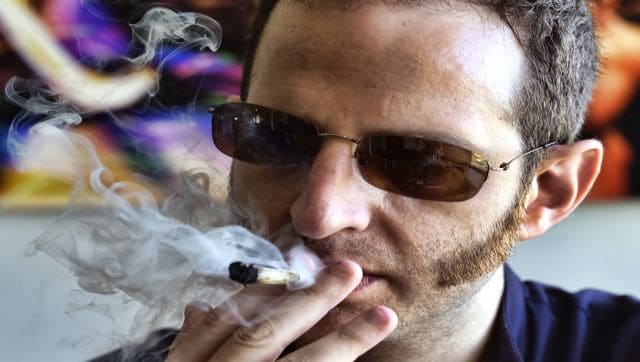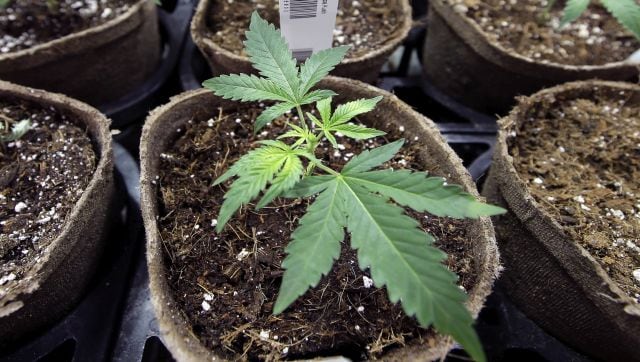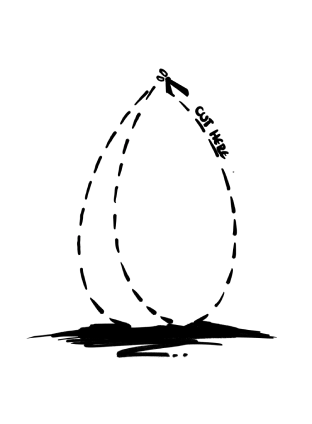On 15 December, cannabis will for the first time be grown, sold, and consumed legally in the Netherlands as part of a four-year trial across the country.
It’s a pretty common mix-up — thinking weed is totally legal in the Netherlands. But surprise, it’s not.
For the past 50 years, the official stance of the country has been to tolerate the sale of limited quantities of marijuana in what are locally known as “coffee shops.” However, the possession of more than five grams (0.2 ounces) of cannabis remains illegal, as does commercial cultivation, although authorities have often overlooked these practices.
Now, a significant shift is underway as cannabis commerce is poised to emerge from the shadows. Commencing in mid-December, a select group of three officially sanctioned companies will be granted the authority to domestically cultivate and supply marijuana to coffeeshops for the first time.
But, why has the Netherlands decided to change its cannabis policy after decades of toleration? What specific changes will occur during the four-year cannabis experiment in the Netherlands? What are the potential benefits and objectives of the cannabis experiment. Here’s a closer look.
Wait, it’s not already legal?
This is one of the biggest misconceptions about the Netherlands, whose capital Amsterdam has for decades been considered the world’s top draw for cannabis smokers.
In fact, cannabis is not legal but “gedoogd” (“tolerated”). Selling and using cannabis is illegal “but the authorities choose not to pursue or prosecute lawbreakers,” according to the government’s website.
It is however completely illegal (and not tolerated) to cultivate cannabis in the Netherlands or supply it to the famous “coffee shops” where it can be smoked.
Why change the system?
The “toleration” policy was adopted in the 1970s to differentiate between hard and soft drugs but has led to a bizarre legal grey area that the experiment hopes to clear up.
The law has driven the supply of cannabis to the country’s 570 coffee shops underground, with local authorities complaining of related petty crime and anti-social behaviour.

So, what’s happening?
The legislation is being temporarily suspended to allow growers and suppliers to operate legally in 11 municipalities, supplied by 10 growers.
All coffee shops in the municipalities have to take part, so that the same rules apply to everyone and consumers know they are getting the same quality of product everywhere.
Other rules remain the same: a maximum of five grams per person per day, a ban on selling to underaged smokers, no hard drugs, and no alcohol on the premises.
Only people living in the Netherlands can partake. The municipality of Amsterdam East has also applied to participate.
Coffee shops will be able to stock more than the current maximum of 500 grams on the premises — “as a general rule… up to one week’s stock,” according to officials.
What are the benefits?
The weed will be carefully tracked and tested, so consumers will know exactly how strong the cannabis is. This is measured by the levels of THC and CBD, the substance that produces the effects.
Potentially dangerous heavy metals and aflatoxin — which occurs naturally in cannabis — will also be monitored.

The product itself is expected to be of very high quality. Coffee shop owner Rick Brand told AFP in October it was impossible to know what exactly he was selling under the old rules.
“What we’ve been receiving until now sometimes contains pesticide, but also foreign agents to increase weight. Actually, we don’t really know,” he said.
Authorities are hoping for a drop in petty crime and anti-social behaviour. Coffee shop owners are looking forward to operating with legal clarity.
What happens next?
Independent researchers will monitor the experiment throughout its four-year duration.
The aim is two-fold: to see if it is possible to regulate the supply chain of cannabis to coffee shops, and to see whether this reduces petty crime and anti-social behaviour.
The government “will decide on the future of Dutch coffeeshop policy on the basis of these outcomes and other factors,” according to its website, with a view to eventual decriminalisation.
One unknown hanging over this policy — and all policies — is the Geert Wilders factor, after the far-right leader won elections last month.
His PVV Freedom Party wants to scrap the “tolerance” policy for good, close coffee shops, and push for a “drug-free Netherlands.”
They were ranked bottom of the parties to vote for in the last election by “cannabis-kieswijzer.nl”, a website that assesses political parties by their cannabis-friendly policies.
With inputs from AFP
Source: firstpost.com
Image: unsplash.com

